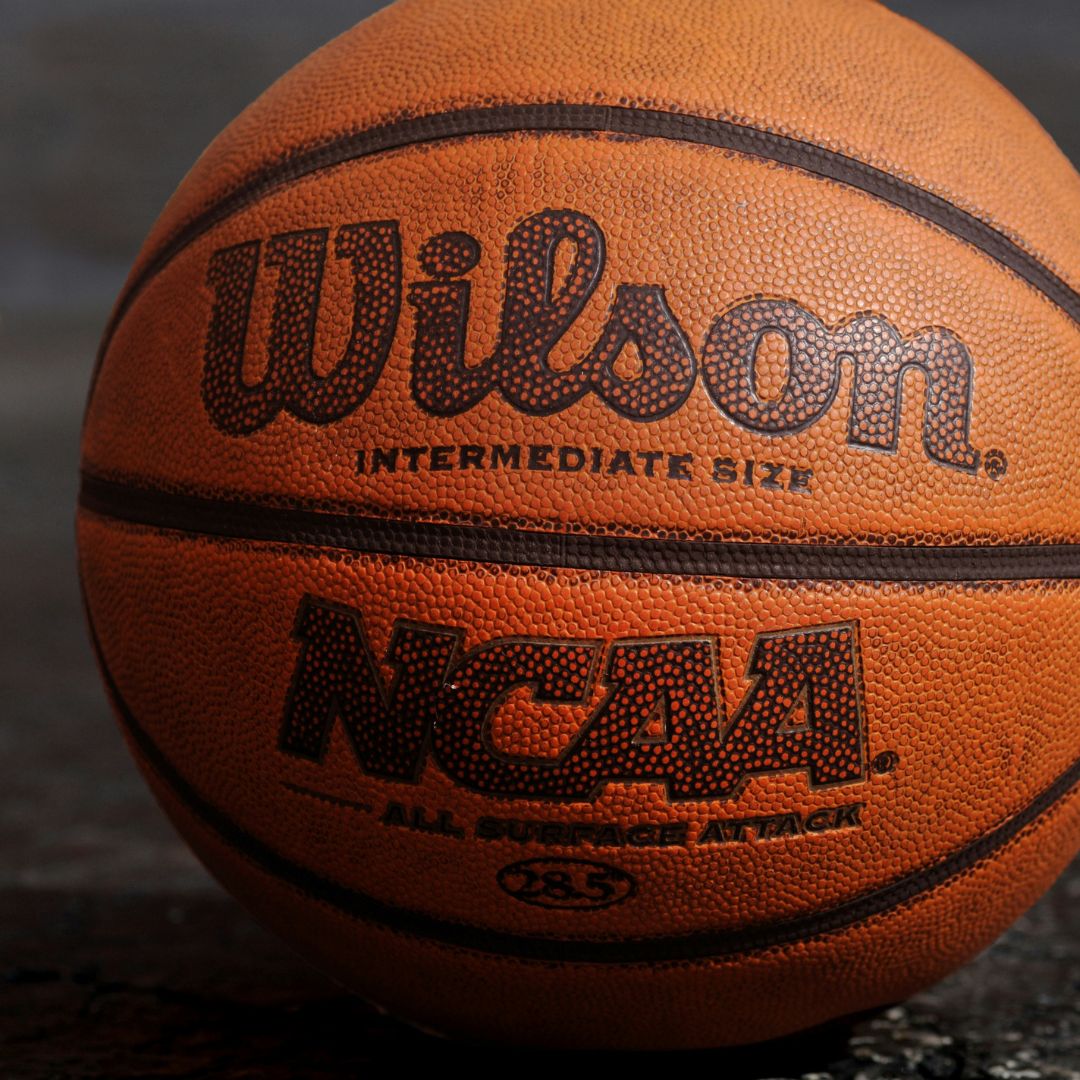
The National Collegiate Athletic Association (NCAA) has voted to remove marijuana from its banned substances list for Division I players, effective immediately. About five months after the NCAA’s Division I Council proposed the rule change, the body adopted the policy on Tuesday, emphasizing that cannabis is not a performance enhancing drug and that it should be treated the same way as alcohol.
The newly adopted rule, which amends NCAA’s drug testing policies for student sports championships and postseason participation in football, will also be retroactively applied, discontinuing any penalties players are currently facing for a cannabis-related violation. Historically, college athletes have been subject to testing during postseason play. Positive tests could mean an entire season of lost eligibility. Officials have said the changes are intended to focus more on problematic use than penalizing players for a single mistake.
In formally recommending the policy shift last September, the NCAA committee said that ending the cannabis ban “acknowledges the ineffectiveness of existing policy (banning, testing and penalizing),” affirms the body’s belief that cannabis is not a “performance-enhancing drug” promotes the “importance of moving toward a harm-reduction strategy.”








